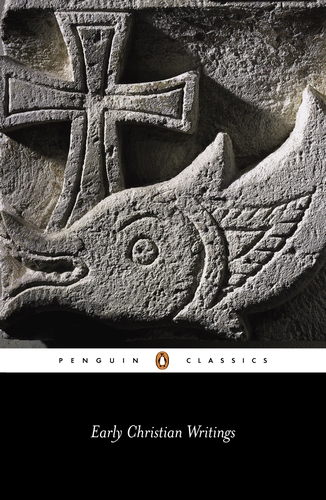- Nov 26, 2019
- 16,864
- 9,046
- 51
- Country
- United States
- Gender
- Male
- Faith
- Generic Orthodox Christian
- Marital Status
- Celibate
I haven’t read it, but I have read some of the documents in it. They’re interesting to see various approaches in the early church, but to be fair you’d want to include some early letters.from the orthodox tradition, and certainly the Didache. My personal preference is to narrow the canon rather than broaden it. I see no reason why 2 Peter or the Pastorals should be read in a service, which is the purpose of the canon.
The canon represents the stories that have formed our tradition. I’m not sure you can always say why some did and some didn’t, but Hal’s extra books seem to represent roads not taken, rather than things on which our tradition is based.
Out of curiosity, what is your objection to 2 Peter and the Pastorals, and are there any other books you would like to see not used liturgically?
Upvote
0


